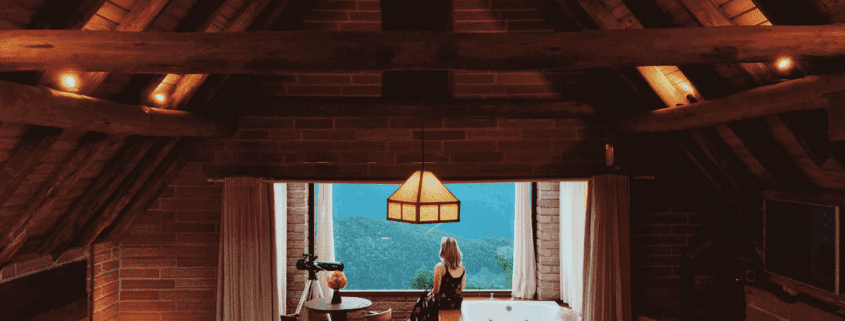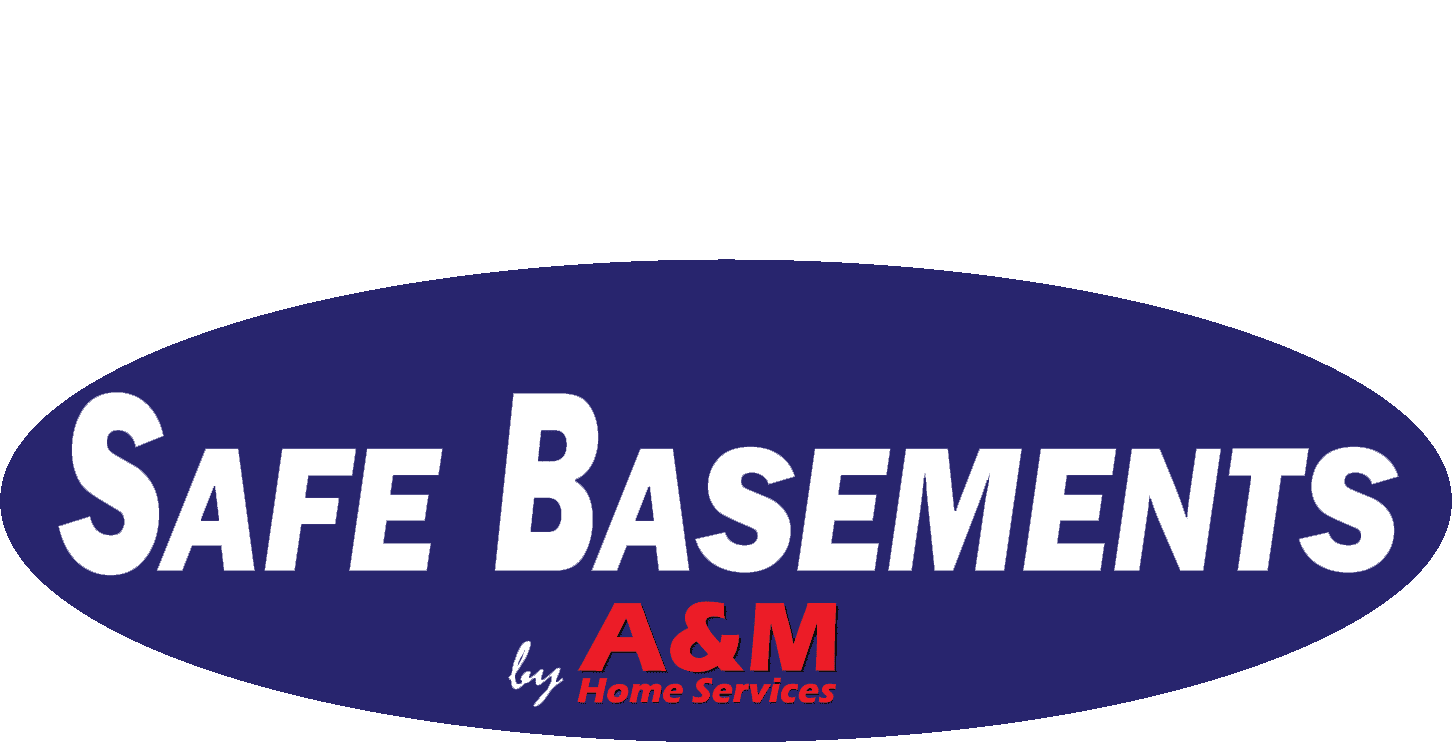Why Is Attic Insulation Important?
Attic insulation is essential for reducing energy bills, maintaining home comfort, extending the lifespan of HVAC systems, and preventing moisture damage. Understanding why attic insulation is important can help you make informed decisions for a more efficient and comfortable home.
Key Takeaways
- Attic insulation can reduce energy bills by 15% to 50%, improving overall energy efficiency and comfort within the home.
- Proper insulation protects HVAC systems by minimizing their workload, extending their lifespan and ensuring they operate efficiently.
- Insulation improves indoor air quality by blocking outdoor pollutants and moisture, preventing mold growth and enhancing overall home health.
Why Is Attic Insulation Important?

Attic insulation is not just a layer of material; it’s a shield that protects your home from various external and internal elements. A key benefit of attic insulation is its ability to significantly reduce energy bills. Homeowners can save between 15% to 50% annually on energy costs, depending on the quality and type of insulation. This is because a well-insulated attic keeps the heat inside during winter and prevents cool air from escaping in summer, leading to a more consistent indoor temperature throughout the year.
Beyond energy savings, proper attic insulation also extends the lifespan of your HVAC system. Insulation helps heating and cooling units operate more efficiently and last longer by reducing their workload.
Additionally, insulation prevents moisture accumulation, which can lead to mold growth and structural damage. Lastly, it enhances indoor air quality by blocking outdoor pollutants and allergens from infiltrating your home.
Introduction
Attic insulation is a cornerstone of home comfort and energy efficiency. It plays a pivotal role in maintaining a consistent temperature throughout your house, ensuring that you stay warm during the winter and cool in the summer. This consistency not only eliminates hot and cold spots but also reduces the strain on your HVAC system, extending its lifespan and improving its efficiency.
Moreover, proper insulation acts as a barrier against outdoor pollutants and allergens, significantly enhancing indoor air quality. By reducing energy consumption, attic insulation also lowers your carbon footprint, contributing to environmental protection. In essence, investing in adequate insulation is one of the most important things you can do to improve your home’s overall efficiency and comfort.
Reduces Energy Bills

One of the most tangible benefits of attic insulation is the reduction in energy bills. Proper insulation can save homeowners an average of 30% on utility costs. This is because insulation helps maintain a consistent indoor temperature, reducing the need for constant heating and cooling. By preventing heat loss in the winter and keeping your home cool in the summer, insulation ensures that your HVAC system doesn’t have to work as hard, leading to significant savings on energy bills.
Moreover, proper attic insulation contributes to energy efficiency by reducing air leakage. This minimizes the escape of conditioned air, further lowering energy consumption and costs. Inadequate insulation, on the other hand, can lead to moisture accumulation, increasing the risk of mold growth and structural damage.
Therefore, installing insulation is a wise investment that pays off through reduced energy bills and a more comfortable living environment.
Enhances Indoor Comfort

A properly insulated attic goes a long way in enhancing indoor comfort. By stabilizing temperatures, insulation minimizes drafts and prevents conditioned air from escaping your home. This means that whether it’s the peak of summer or the dead of winter, your home remains at a comfortable temperature without the need for constant thermostat adjustments.
Furthermore, effective attic insulation eliminates hot and cold spots, ensuring a consistent temperature throughout the house. This not only enhances comfort but also improves overall satisfaction with your living space. Without adequate insulation, you might find some rooms too hot and others too cold, leading to discomfort and higher energy bills.
Protects HVAC System
Proper insulation is a boon for your HVAC system. A well-insulated attic reduces the workload on heating and cooling units, minimizing wear and tear and extending their lifespan. By reducing the frequency of HVAC operation, insulation helps in maintaining the efficiency of the system, which in turn lowers energy costs.
Insufficient attic insulation, however, puts additional strain on your HVAC system, leading to premature failures and costly repairs. Therefore, ensuring a properly insulated attic is not just about comfort and energy savings; it’s also about protecting your significant investment in your home’s heating and cooling systems.
Improves Indoor Air Quality
Attic insulation plays a crucial role in improving indoor air quality. Insulation minimizes the infiltration of allergens and contaminants into your home by creating a barrier against outdoor pollutants. This is especially important for individuals with asthma or allergies, as insulation helps reduce triggers and symptoms.
Additionally, a well-insulated attic can contribute to a quieter home environment by providing noise reduction. Insulation also helps in preventing pest infestations, which can compromise both the insulation material and indoor air quality.
Therefore, proper insulation not only ensures energy efficiency and comfort but also promotes a healthier living space.
Prevents Moisture Damage
Moisture is a silent enemy that can cause significant damage to your home’s structure. Proper attic insulation prevents moisture buildup, which is critical for maintaining the integrity of wooden structures. By keeping moisture at bay, insulation helps in preventing the growth of mold and mildew, which can lead to health issues and costly repairs.
Inadequate insulation, on the other hand, can lead to higher levels of moisture, increasing the risk of structural damage and ice dams during winter. Therefore, ensuring adequate insulation in your uninsulated attic is essential for protecting your home from moisture-related problems.
Environmental Impact
Attic insulation has a significant positive impact on the environment. By reducing energy consumption, insulation lowers the demand for energy production, which in turn reduces pollution and carbon emissions. This makes your home not only more energy-efficient but also more eco-friendly.
Blown-in cellulose insulation, for instance, is an eco-friendly option made from recycled materials that helps reduce air leakage and energy consumption. Proper insulation also eases the reliance on HVAC systems, minimizing operational demand and temperature fluctuations, especially in cold air conditions and warm air.
Investing in attic insulation is a step towards a greener and more sustainable future.
Signs You Need New Insulation

Recognizing the signs that you need new insulation can save you from many discomforts and high energy bills. Key indicators include fluctuating temperatures in your home, unusually high energy bills, and visible wear and tear on your current insulation.
Understanding these signs can help you take timely action and ensure your home remains comfortable and energy-efficient.
Fluctuating Temperatures
Inadequate insulation often results in fluctuating temperatures in different areas of your home. If one room feels like a sauna while another is an icebox, it’s a clear indication that your home is not maintaining a consistent temperature. This inconsistency can lead to discomfort and increased energy bills, as your HVAC system works overtime to compensate for the inadequate insulation and hot air.
Inconsistent temperatures can also result in higher energy costs, as the heating or cooling system must run longer to achieve the desired indoor climate. By ensuring adequate insulation, you can maintain a consistent temperature throughout your home, enhancing comfort and reducing energy expenses.
High Energy Bills
Seeing a sudden spike in your energy bills? This could be a sign that your attic insulation is no longer effective. Inadequate insulation causes your HVAC system to work harder to maintain a comfortable temperature, leading to higher energy consumption and increased costs.
A noticeable increase in energy costs often indicates that your current insulation is failing. By investing in new insulation, you can improve energy efficiency, reduce energy consumption, and save money on utility bills.
Visible Insulation Wear
Visible signs of wear and tear on your insulation, such as cracks, water damage, or pest infestations, indicate the need for replacement. Insulation that shows evidence of shifting or sagging is also a sign that it is no longer providing adequate protection.
Addressing these issues by installing new insulation ensures your home remains energy-efficient and comfortable. Regular inspection of your attic insulation can help you catch these signs early and take proactive measures to maintain your home’s insulation.
Types of Attic Insulation

There are several types of attic insulation, each with its unique benefits and characteristics. Common options include loose fill insulation, batt and roll insulation, and spray foam insulation.
Knowing the differences helps you choose the right insulation type for your attic space and specific needs.
Loose Fill Insulation
Loose fill insulation is a popular choice for attics because it can cover hard-to-reach areas effectively. Unlike batt or roll insulation, loose fill provides better coverage and can be installed on the attic floor to keep the attic cold.
This type of insulation is ideal for attics with irregular shapes or multiple obstructions, as it can fill gaps and voids more easily than other types. Choosing loose fill insulation ensures thorough coverage and enhanced energy efficiency in your attic.
Batt and Roll Insulation
Batt and roll insulation, often made from fiberglass, is another common choice for attic spaces. This insulation type comes in pre-cut panels or rolls, making it easy for homeowners to install themselves. It is suitable for a variety of attic types and offers good thermal protection and energy efficiency.
The pre-cut nature of batt and roll insulation allows for straightforward installation, making it a popular DIY option. Proper fitting and sealing are essential to maximize the effectiveness of batt and roll insulation.
Spray Foam Insulation
Spray foam insulation provides an effective air barrier, significantly reducing air infiltration and improving energy efficiency. This type of insulation expands upon application, filling gaps and creating a tight seal that other insulation types may not achieve.
Spray foam insulation is particularly beneficial for homes with complex attic spaces or areas prone to air leaks. Choosing spray foam enhances your home’s energy efficiency and indoor air quality, making it a worthwhile investment.
Preparing for Attic Insulation Installation
Before installing new attic insulation, it’s crucial to prepare the space properly. Clear out any dust and debris to ensure the insulation can be laid evenly and effectively. Inspect the attic for structural issues, such as roof leaks, and address any problems before proceeding with the insulation installation.
Additionally, check for pest infestations, as pests can damage insulation materials. Sealing air leaks around fixtures and ducts enhances the performance of the new insulation.
Measure the current insulation depth to determine how much additional insulation is necessary.
Professional Installation vs. DIY
When it comes to installing insulation, homeowners often face the choice between professional installation and a DIY approach. Hiring professionals ensures compliance with local building codes and reduces the risk of improper installation. Professionals can also offer warranties on their work, providing assurance against future issues.
While DIY might save on labor costs, mistakes could lead to higher energy bills and poor insulation performance. Professionals are trained to handle hazardous materials safely and can provide even coverage and proper sealing of gaps.
Therefore, investing in professional installation can be a wise decision, enhancing the effectiveness and longevity of your attic insulation.
Summary
In conclusion, attic insulation is a critical component of a comfortable, energy-efficient home. It reduces energy bills by preventing heat loss and maintaining a consistent indoor temperature, enhances indoor comfort by eliminating drafts and temperature fluctuations, and protects your HVAC system by reducing its workload. Additionally, proper insulation improves indoor air quality by blocking outdoor pollutants and allergens, prevents moisture damage, and has a significant positive environmental impact.
Recognizing the signs that you need new insulation, such as fluctuating temperatures, high energy bills, and visible insulation wear, can help you take timely action. With various insulation types available, including loose fill, batt and roll, and spray foam, you can choose the best option for your attic space. Whether you opt for professional installation or a DIY approach, proper preparation and installation are key to maximizing the benefits of attic insulation. Investing in attic insulation not only improves your home’s comfort and efficiency but also contributes to a healthier and more sustainable environment.
Frequently Asked Questions
What service does A&M Home Services provide related to attics?
A&M Home Services specializes in professional attic insulation and ventilation services, ensuring a well-maintained and energy-efficient attic space.
What problems can proper attic insulation solve for homeowners?
Proper attic insulation can effectively address issues of uncomfortable indoor temperatures and reduce high energy bills for homeowners. Ensuring your attic is well-insulated not only enhances comfort but also improves energy efficiency.
What is a common issue for homes older than five years regarding attic insulation?
Insufficient or missing attic insulation is often a significant issue for homes older than five years. Ensuring your attic is properly insulated can enhance energy efficiency and comfort in your home.
How can homeowners determine if they are losing heated or cooled air?
Homeowners can effectively determine air loss by conducting an energy evaluation with insulation experts, who will identify any leaks and inefficiencies in the home. This proactive approach ensures better energy efficiency and comfort.
 574-318-3326
574-318-3326






